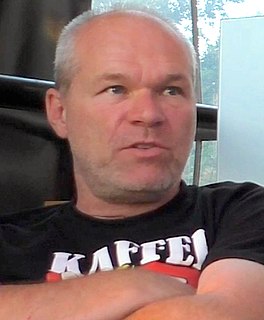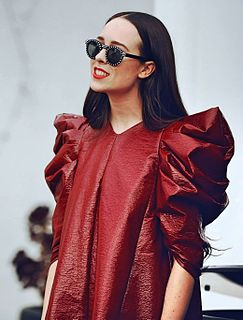A Quote by Garth Greenwell
It does seem like between the groundbreaking writing of Edmund White's generation and the work of younger gay writers in their twenties and thirties there is a kind of gap.
Related Quotes
Does that mean that all vestiges of past discrimination would be eliminated, that the income gap or the wealth gap or the education gap [between Afro-Americans and white] would be erased in five years or 10 years? Probably not, and so this is obviously a discussion we've had before when you talk about something like reparations.
The writers who have been serious about recreating American literature have always been far and few between. What we do have at the end of the 20th century that we didn't have at the beginning, at that time of the Lost Generation of rich white boys, is a mixture. We're now getting gay writers of color, let's say, and women of color being published. This is unprecedented.
I think that very often younger writers don't appreciate how much hard work is involved in writing. The part of writing that's magic is the thinnest rind on the world of creation. Most of a writer's life is just work. It happens to be a kind of work that the writer finds fulfilling in the same way that a watchmaker can happily spend countless hours fiddling over the tiny cogs and bits of wire. ... I think the people who end up being writers are people who don't get bored doing that kind of tight focus in small areas.
A lot of attention has been paid in Latin America to the new generation of nonfiction writers, authors like Julio Villanueva Chang, Diego Osorno, Cristóbal Peña, Gabriela Wiener, Leila Guerriero, Cristian Alarcón, among others. These are writers doing important, groundbreaking work. So the talent is there, as is the habit of radio listenership, and what we propose to do is unite the two. We want to have these immensely gifted journalists - men and women who've already revitalized the long-form narrative - we want them to tell their stories in sound.
I've always been surprised when a straight guy likes me. It's just been like my whole life has been kinda like that. I definitely felt like when I started writing music, it wasn't writing for a gay audience at all. I was just writing for me. But what I say whenever I get this question is my best friends have always been gay, I've always been, as a person, just accepted by the gay community, and celebrated and had the best nights of my life at gay clubs. Always had a fashion sense usually with drag and I don't know. That's just kind of my people. That's just kind of where I fit in.






































